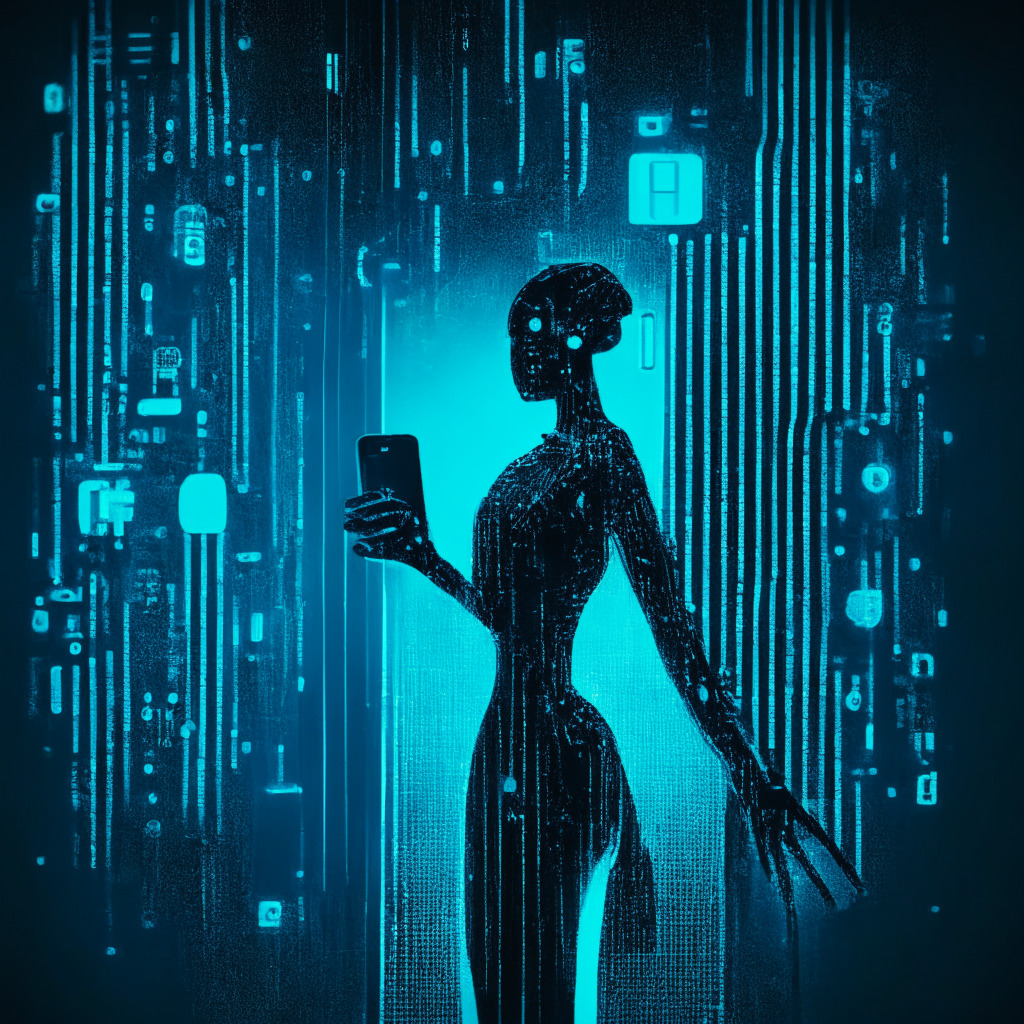Insiders have revealed that Apple has been quietly developing their in-house generative AI tool coined internally as “Apple GPT” which leverage a robust large language model (LLM) framework to deliver enhanced and personalized user experiences. This move in part, led by CEO Tim Cook, aims to integrate AI into their forthcoming iOS17 suite of features. The fascinating question that now arises is whether Siri will also receive a parallel upgrade as the well-known voice-assistant.
Simultaneously, concerns over speed, privacy, and security reasons have kicked off the debate on whether AI should operate locally or on the cloud. Given the growing apprehensions over personal and business data security, Apple’s decision to focus their AI operations on mobile devices appears to be a logical step. In fact, back in 2020, the company had taken the strategic move of acquiring the Seattle startup Xnor, notorious for its focus on AI for mobile devices.
In an additional interesting take on AI development, newly published research has highlighted the evolving inefficiency of the traditional password system in the face of AI technologies. It has been reported that AI password crackers such as PassGAN are capable of cracking half of all commonly used passwords in less than a minute. Innovations are needed in this domain to ensure user data safety.
Music lovers have also been impacted by AI technology. Google and Universal Music are reportedly in negotiations to develop a tool that allows fans to create their own legitimate deep fakes of popular artists. The application of AI has become a double-edged sword in this instance, raising concerns about copyright issues as well as paving the way for creative fan-made content.
A further use of AI technology is observed in the entertainment industry with the development of the Disney AI task force that aims to analyze the potential application of AI across the entertainment sphere. They aim at significantly reducing costs for their projects, making way for a new era of entertainment.
However, since every coin has two sides, some distressing findings have emerged about the no-so positive attributes of AI technology as well. Research from IBM suggests that AI can be manipulated to trick users into compromising actions. Thus while the AI developments are met with applause and anticipation, it is evident that privacy and security concerns need to be addressed as well. As the world progresses towards adopting AI further, it would be interesting to witness the dance between innovation, security, and ethics on this capricious stage of technology.
Source: Cointelegraph




